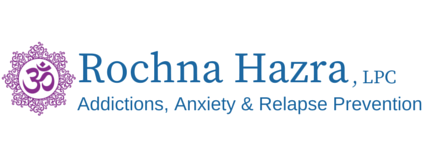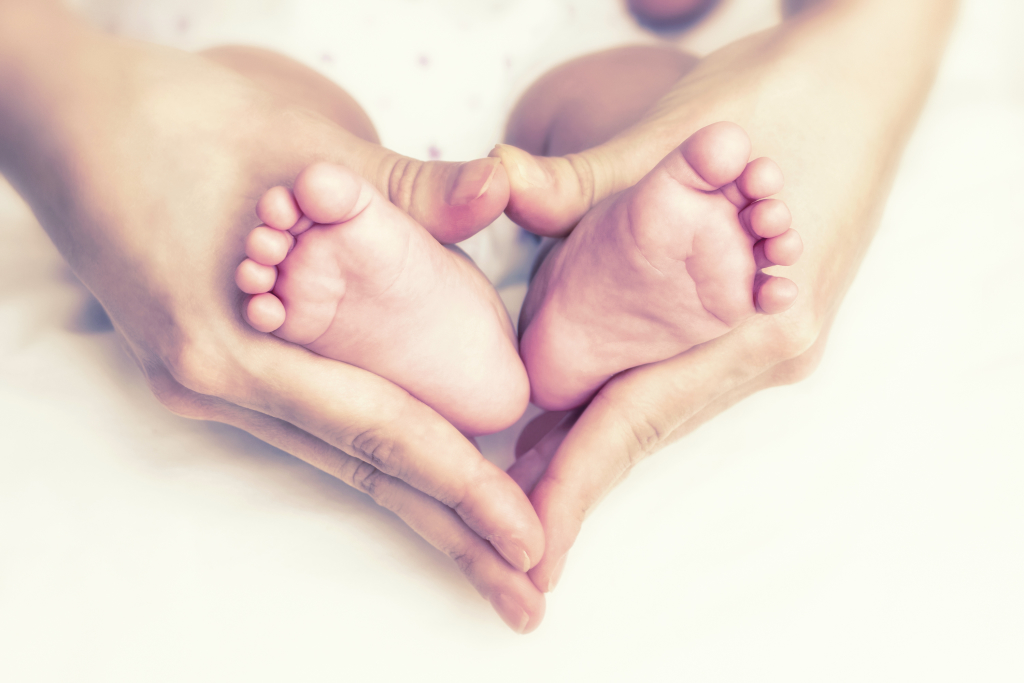Myths About Postpartum Depression
Myths surrounding postpartum depression not only make treatment difficult. It makes identification and diagnosis difficult as well.
Myth 1: Women with Postpartum Depression will hurt their kids
Fact: One of the most common and harmful myths about PPD is that these moms will hurt their children. This is because whenever we have a news story about a mom hurting or killing her children, we hear mention of postpartum depression. But in reality, moms who hurt or kill their children, suffer from postpartum psychosis as opposed to postpartum depression. Postpartum psychosis is rare: where one in 8 new moms get postpartum depression, one in a 1000 have postpartum psychosis.
Postpartum depression is often confused with postpartum psychosis. But, they’re two different disorders.
Having clarified this very significant misconception, lets move on to the other common and harmful myths about PPD.
Myth 2: Women who have Postpartum Depression are sad and cry all the time
Fact: Women with Postpartum Depression are usually sad, experience anxiety, feel overwhelmed and are unable to sleep and be rested. They also feel guilty about not enjoying their experience of motherhood.
However, Postpartum Depression can look different in every woman. What differs is not only the what symptoms one woman experiences as opposed to another, but rather also the intensity of a symptom. Where woman may experience a lot of crying and sadness, another woman may experience numbness and overwhelming fatigue. Again, one woman may experience a fleeting moments of worthlessness and guilt while another woman may be overwhelmed by these same feelings.
What is most important is that these signs are recognized and treated rather than being dismissed or minimized. Frequently, moms don’t even realize that their symptoms fit the Postpartum Depression criteria.
Most moms appear to function normally on the surface while struggling silently under the weight of depressive symptoms. They go to work, take care of their homes and babies while experiencing moderate levels of Postpartum Depression. This not only interferes with their enjoyment of the experience of motherhood but also hinders strong bonding and secure attachment with their infant.
Myth 3: Postpartum Depression occurs within the first few months of childbirth.
Fact: While it is true that most women recognize their symptoms within three to four months after giving birth, postpartum depression symptoms can surface any time in the first year.
This myth makes it hard for a woman to seek help. She doubts and second-guesses her symptoms and hesitates to discuss these with her doctor. Sometimes, when she finally does seek help, she may be told by her physician that she could not have PPD as it has been several months since she had her baby. This leaves the mom confused, frustrated and feeling helpless.
Myth 4: Postpartum Depression doesn’t need treatment: it goes away on its own
Fact: Depression is often viewed as a “bad attitude” or rather a lack of a “positive attitude”. Words like ‘gratitude” and “positivity” are thrown around setting up an expectation that depression indicates weakness or a wrong outlook. Women who have grown up learning this, impose this expectation upon themselves and try to “power through” their depression. What results is that the symptoms actually get worse. Postpartum Depression is serious and should not be dismissed as fixable with a mere attitude adjustment. The symptoms are painful and hard enough to bear without the added burden of judgement from family and friends.
Postpartum Depression is a serious illness that often requires professional help. It is highly treatable with psychotherapy and medication. However, treatment is individual, so what works for one woman may not work for another.
Myth 5: Having Postpartum Depression means there is something wrong with you
Fact: Women often blame themselves for having Postpartum Depression and experience guilt over their symptoms. Friends and family have the expectation that moms will be overjoyed over their bundle of joy. But remember new moms are also dealing with a number of stressors; demands of taking care of the ongoing demands of an infant, sleep deprivation, a new role (for first -time moms), changes in the body that result from childbirth and hormonal fluctuations.
Hormones play a significant role in Postpartum Depression. Rapid fluctuations in estrogen and progesterone, which occur at childbirth increase risk for onset of symptoms. Other factors that increase the incidence of Postpartum Depression are conflict or dissatisfaction in marital relationship, lack of a strong support network and previous history of depression.
Again, Postpartum Depression is a real illness that requires expert help. Dismissing it can negatively affect both mom and baby
About Rochna: Rochna Hazra is trained in Marriage and Family Therapy at Virginia Tech. She includes the emotional, psychological, spiritual and family aspects of a person in her work. Originally from India, she combines the Eastern traditions of mindfulness, non-judgment and a holistic approach to healing with the Western approach of realism and solution-focused action.
Rochna uses Cognitive-Behaviorial techniques to help you overcome depression and anxiety.
Rochna is also a Certified Advanced Relapse Prevention Specialist and trained in Sex Addiction and Mindfulness-based Therapy and Relapse Prevention.
Click here to learn more about Depression treatment and my practice in Leesburg, Virginia


